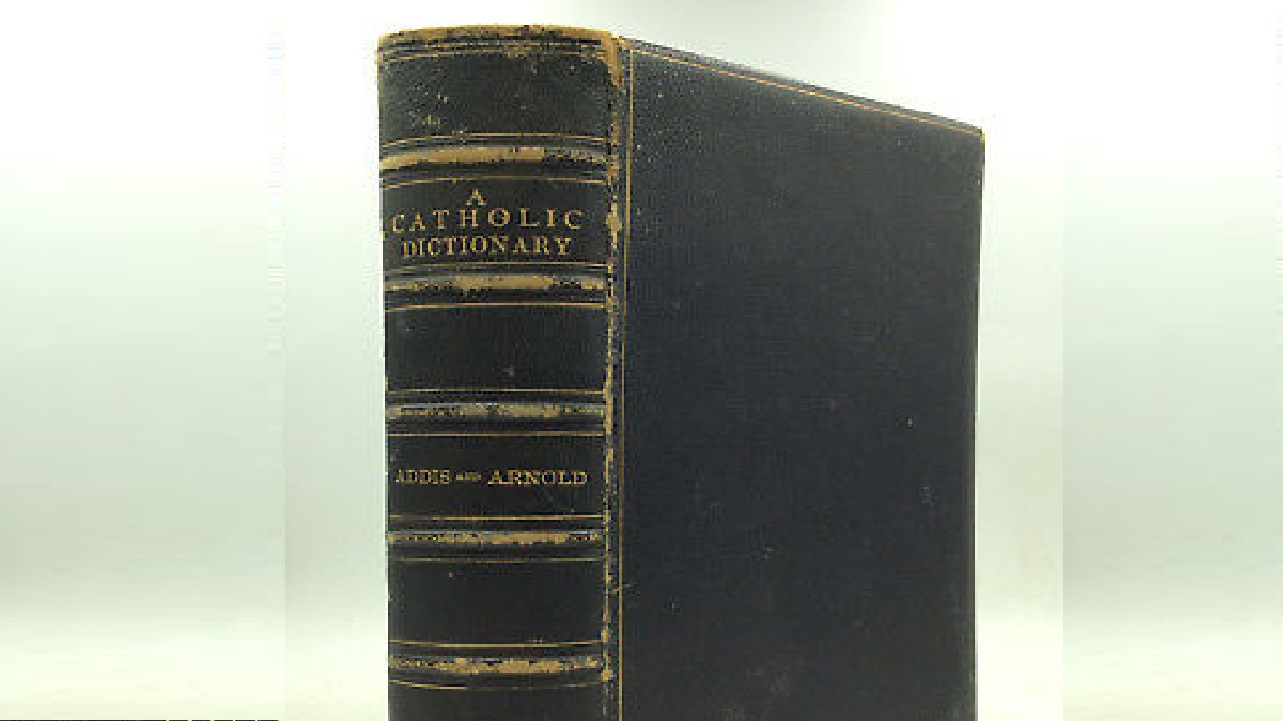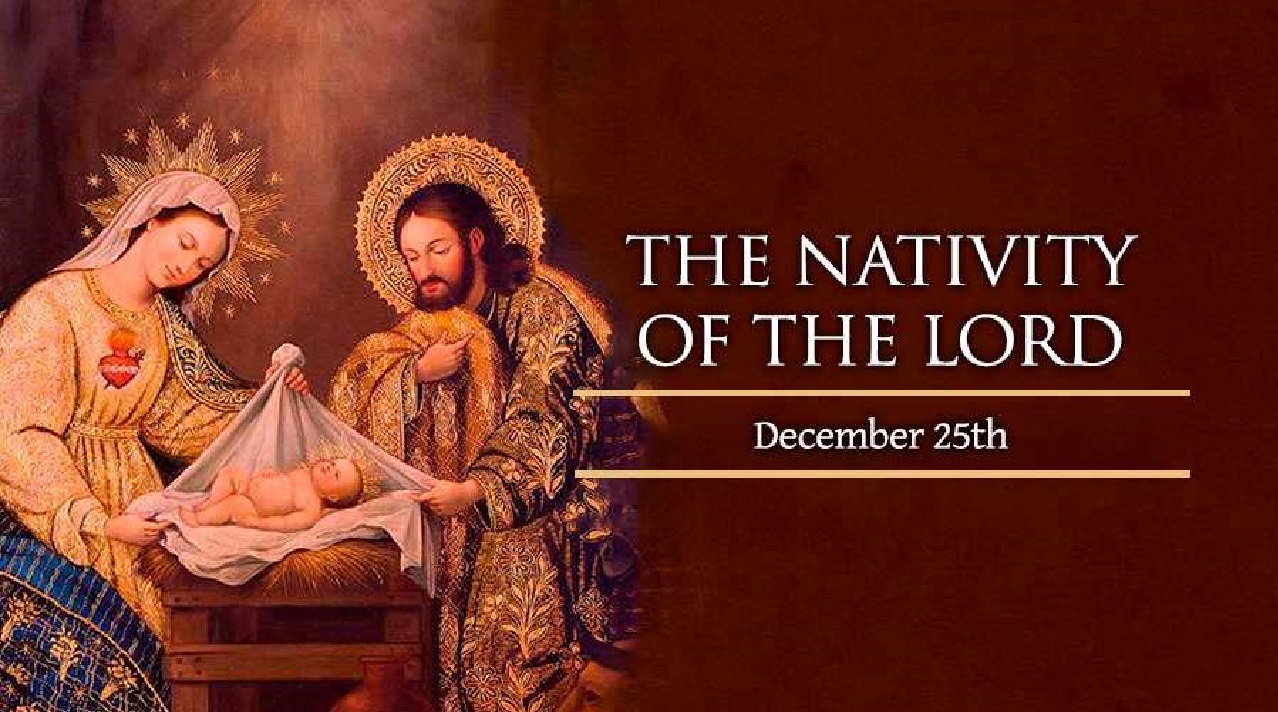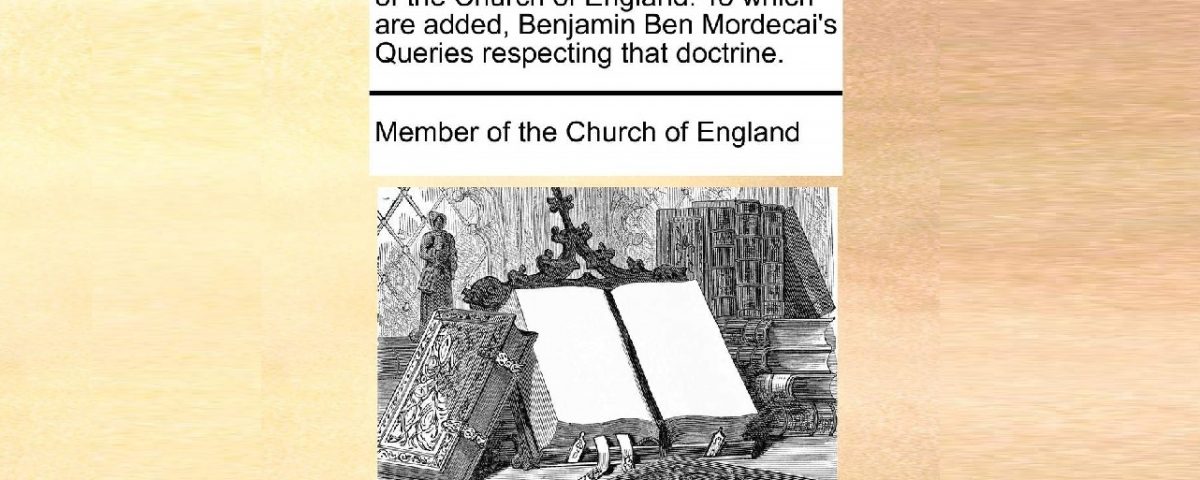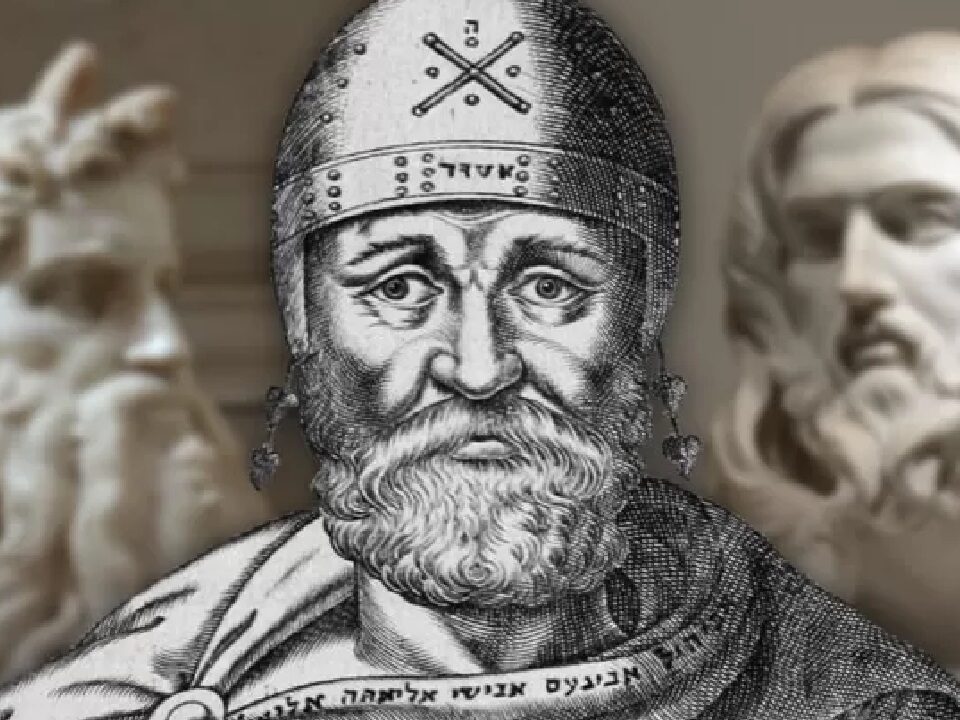
The Son of God according to Church Fathers and Catholics
October 15, 2020
December 25
November 17, 2020The Doctrine of the Athanasian Creed Analyzed and Refuted

Street sign template with place for text. Blank road signs isolated on white background. Green arrow signposts in realistic style. Vector illustration EPS 10.
By a Member of the Church of England to which are added, Benjamin Ben Mordecai’s Queries, respecting that Doctrine. Newry, 1786.
To this it may be answered, that nothing certain can be concluded from the Hebrew Word Elohim being plural, in favor of a Plurality of Persons in the Godhead; because all Languages have Words in the plural Number of a singular signification. With regard to Elohim (God) it is demonstrably evident, that it sometimes necessarily signifies one Person, not to mention many undoubted instances of this, the 6th and 7th Verses of the 45th Psalm, according to the Interpretation of the Author of the Epistle to the Hebrews, undeniably prove it; for Elohim (God) in the 6th Verse, is applied to Christ; and Elohim (God) in the 7th Verse, is applied to God the Father, as being the Elohim (or God) of that Person who has the Title of Elohim in the preceding Verse and consequently the Argument drawn from the Use of the Word Elobim, as necessarily signifying more Persons than one, is overthrown by the Authority of an inspired Writer.
Again, there are several Verses in Daniel and Ezra, written in the Chaldee Language, which is little more than a Branch of the Hebrew, where the Word God is frequently used with the same radical Letters as in the Hebrew, and is always in the singular Number, or expresses one Person, when it is used of the one true God. The Greek Translation, which was made about three 300 Years before our Savior’s time, always uses the Word God (Theos) which answers to Elohim in the Hebrew, in the singular Number, when it signifies the one true God. The same may be said of the Syriac Translation, which was made soon after the Days of the Apostles, from the beginning of the Old to the End of the New Testament.
Our blessed Lord was so far from blaming the Jews for their using the Word Elohim to signify one Person, when applied to the one true God that he has expressly confirmed that Sense by his own Authority, John. 7.54. 17.3 with many other Passages to the same Purpose. Accordingly every Penman of the New Testament, from the Beginning to the End, constantly used the Word Theos, which answers to Elohim in the Hebrew, in the singular Number, or to signify one Person, when it is used of the one true God. And which Person intended by God is, appears (not to mention several hundred Passages to the fame Purpose) from the unanswerable Words of St. Paul:
Though there be that are called Gods, whether in Heaven or in Earth But to us there is but one God (Theos or Elohim) the Father, of whom are all Things, and we in him; and one Lord Jesus Christ, by, or through, whom are all things, and we by him.

